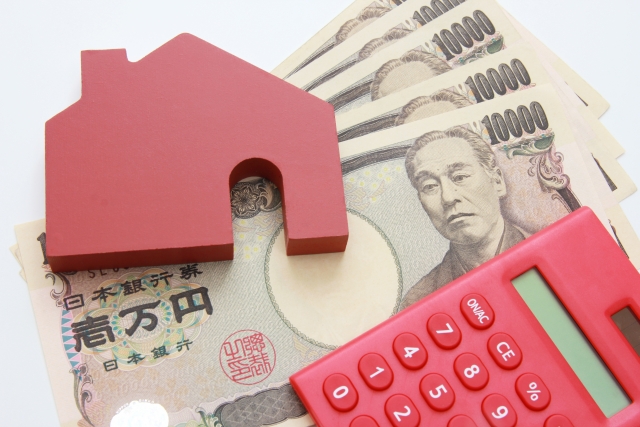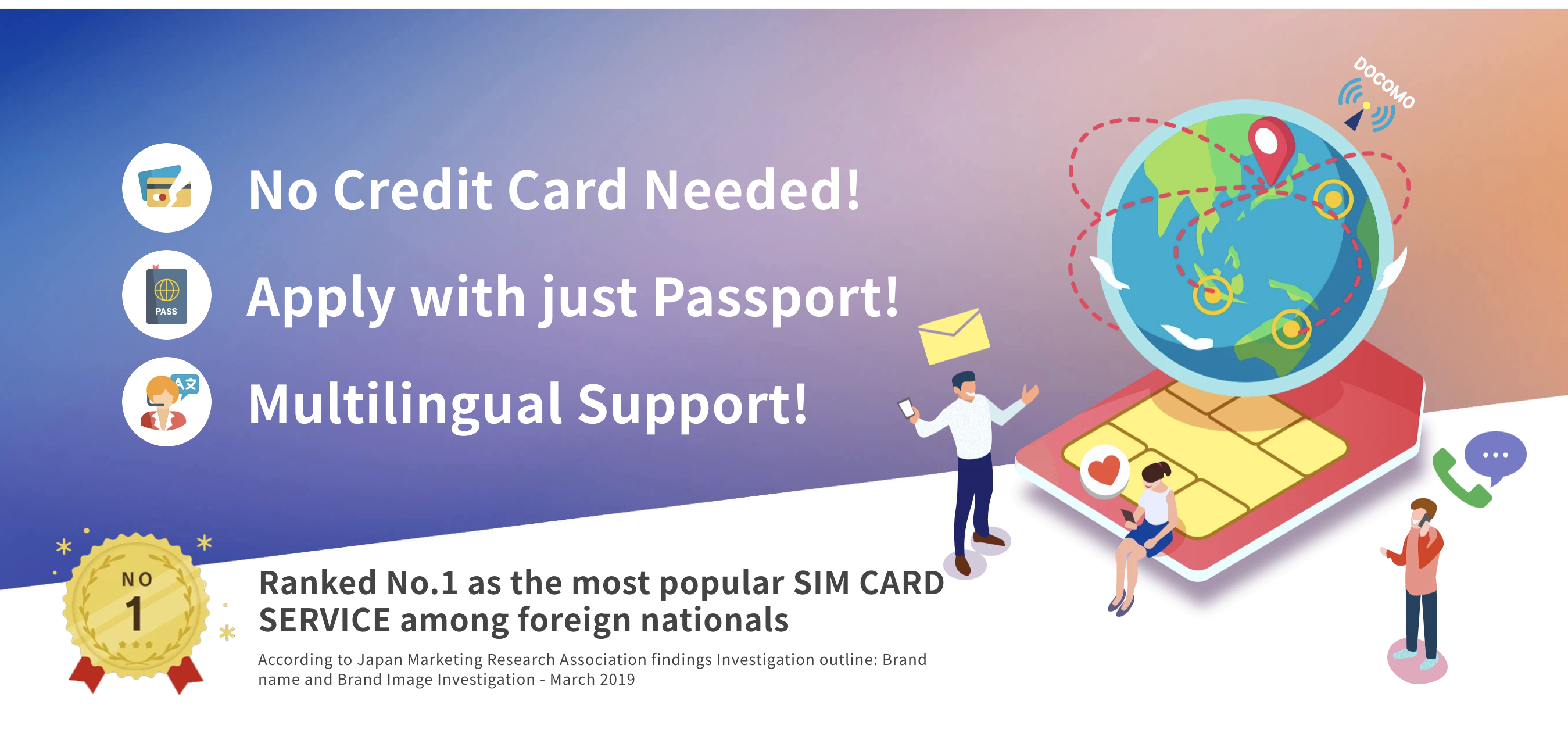This post is also available in:




Are you starting a new life in Japan?
It is already mid-April. Are you excited to start your new life in Japan? Have you already prepared everything?
Just like any other country, Japan has its own peculiarities. If you already have working experience, the work culture can be especially shocking. If you are a student, campus life can be different from what you have seen in anime or dramas. Not being aware in advance of how reality will welcome you can put a damper on your excitement.
It is fundamental to dedicate some time to prepare when you are going to immerse yourself in another culture. For those who are already in Japan and for those coming soon, we have prepared a summary of tips that will help you to be prepared for your first day at school or work!
Starting a new life in Japan: what are you forgetting to prepare?
There are so many things to prepare before starting a new job or school, so it is easy to forget some details. We made a list of topics that are easily forgotten, with some tips for how to get them done in time.
Double-checking social rules and typical customs
Whether you are used to Japanese customs or not, it is nice to take some time to reflect on whether or not they apply to your  situation or not. Some companies are very strict about following Japanese culture, but others are hiring you expecting that you do not follow the whole protocol. As for schools, if you are taking a course in English, it is likely that most rules will be more international than if you were joining, let’s say, a Japanese History course lectured in Japanese.
situation or not. Some companies are very strict about following Japanese culture, but others are hiring you expecting that you do not follow the whole protocol. As for schools, if you are taking a course in English, it is likely that most rules will be more international than if you were joining, let’s say, a Japanese History course lectured in Japanese.
In any case, you will probably need to be prepared for:
- Self-introduction
It really does not matter where in Japan you are, if you are joining a group, someone will ask you for a “jiko shoukai” (self-introduction). You can stick to the basics name-country-hobby, but most people try to add something with more impact. This will help them be remembered and can become a conversation starter.
That could be anything. We have heard many interesting self-introductions over the years. One of our favorites so far was a girl who said that she likes popcorn better than rice.
- Greetings
This depends on what kind of environment you are in, but generally speaking, you should be quite energetic when greeting people on your first day at school or work.
Just enter the room saying a loud and clear “GOOD MORNING” and that should be enough. At work, some traditional companies believe it is polite to ask your boss if there is anything else you can help with before leaving. Hopefully, your boss will say “no,” and then you are free to go. In any case, shout an “otsukaresama deshita” before leaving the office, to let everyone know you are done for the day.
- Drinking communication
It does not matter if you like drinking or not, you will probably be invited for your welcome party, which means going to a bar with (almost) everyone you will be working with. If you do not drink alcohol, make that clear. Some people will insist that you should drink, but you do not have to. If you feel it is polite, just take some beer for the toast, do not drink it, and order another thing as soon as possible. Just having some beer in front of you may stop people from nagging.
should drink, but you do not have to. If you feel it is polite, just take some beer for the toast, do not drink it, and order another thing as soon as possible. Just having some beer in front of you may stop people from nagging.
(Also, you can say you are allergic to alcohol, or that your religion does not allow drinking).
If you want to appear quite familiar with Japanese customs, try offering to order drinks for your colleagues and bosses if you realize their cups are almost empty.
- Likes and dislikes with food/dietary restrictions
Just a quick hint: Japan is a country where not many people have too many likes and dislikes with food. That being said, if you come from a place where likes and dislikes in regards to food are not a big deal, try to pick your battles (and you can stick to them saying you have allergies, just for things to be easier), and keep an open mind for new tastes.
The older generation, especially, tend to criticize people when they have likes and dislikes with food, and that can become an unnecessary stress to you.
Last but not least, if you have dietary restrictions, let that be clear to everyone. You will be fine.
Housing
Are you moving to a place by yourself? Do not forget to register for water, electricity, gas, and internet! For electricity and water, generally you will only need to make a phone call and they will do all the process remotely, but gas and internet companies will schedule a day and time to go to your place to check the installations. Call them in advance, otherwise you may take some cold showers in the beginning (if your water is heated by gas).
For inexpensive furniture, NOCE, Nitori and Ikea are good options. You can even shop online and get free delivery in some cases.
Useful tips for your daily life – shopping in Japan
You may be tempted to buy groceries at the closest convenience store, as they have basically every item for you to survive the busy life in Japan. Be aware that prices at convenience stores are higher than at supermarkets, and that can add up your expenses by the end of the month. Taking some time to visit your local supermarket, and get to know where to find good deals there. If you cannot read Japanese, it might help taking with you an OCR translation app – just take a picture of the product and the app will translate the words on the packaging.
Last tip: at most supermarkets, lunch boxes and other food get a nice discount after 8PM.
New life in Japan: utilities and phone bills
Tokyo is famous for being one of the most expensive cities in the world. Even if you are far from the big cities, utilities and phone bills do not get much cheaper.
According to the home state website HOME’S, the average monthly expense of utilities in Japan, for those who are living alone, is the following:
Electricity: 5,392 yen
Gas: 3,080 yen
Water: 2,189 yen
Total: 10,661
Phone and internet bills will depend on which carrier and provider you will choose, but will most likely be something around 15,000 yen per month.
That is a total of a little bit more than 25,000 per month only for utilities.
Services that may help and things to watch out for
 Real estate agencies for foreigners: if you have visited a regular real estate agency in Japan, you probably were surprised to know that the first month of rent will cost you something around 2 to 5 months of rent. Deposit, “gift money,” the real estate agency fee, key money, two months of rent and other fees add up and can literally empty your bank account by the time you sign that contract. Also, many landlords do not accept foreigners to rent their places, and it can get really stressful if you keep being refused from every room you would like to visit.
Real estate agencies for foreigners: if you have visited a regular real estate agency in Japan, you probably were surprised to know that the first month of rent will cost you something around 2 to 5 months of rent. Deposit, “gift money,” the real estate agency fee, key money, two months of rent and other fees add up and can literally empty your bank account by the time you sign that contract. Also, many landlords do not accept foreigners to rent their places, and it can get really stressful if you keep being refused from every room you would like to visit.
To avoid these fees, try looking for a place that specializes in renting rooms to foreigners, or that offers services in other languages apart from Japanese.
Sakura House, Leopalace, and Real Estate Japan are some good options.
Also, living at a share house is a nice option if you are looking for affordable housing.
Banks with services in English: getting a bank account in Japan can be a mission. To avoid the need to get a personal stamp, go through the account opening service in English, and avoid having trouble with your name (some people who have more than 3 names have a bad time waiting the bank how to figure it out in their systems…), have your bank account opened at a friendly-foreigner bank. The most famous one is Shinsei Bank.
Credit card and prepaid cards: even if you have a job, a bank account, a house, and some credit in Japan, many credit card companies will refuse your application. They do not tell the reason why, though.
However, there are some credit card companies that are friendly to foreigners. Rakuten Card offers some services in English. EPOS Card has a great point system and generally accepts foreign nationals’ applications, even if your period of stay is not so long. For both cases, however, you need to have a residency card.
If you want a credit card, but you are afraid of losing control of your expenses, you can apply for a prepaid credit card, where you can limit your credit card spending. We’ve talked about this previously at Guidable, you can check out our article here.

New life in Japan: mobile phone bills are especially expensive?
Getting a phone number in Japan at one of the largest carriers means signing a 2-year binding contract. That means there will be cancellation taxes if you need to cancel your line. Since contracts are for 2 years, those who have a visa for less than that often cannot get a phone number at these carriers. Also, there are so many services that add up on your phone bill at these carriers that by the end of the month you will generally have to pay around 10,000 yen only for mobile phone expenses.
For a long time, there was not another option for expats and international students to get a phone number in Japan. Some even needed to ask a Japanese friend to get a phone for them. Thankfully, times have changed.
One company that realized this situation needed to be changed was JP Smart SIM. Their services and plans are designed for foreigners living in Japan, with simple billing services, multilingual support, and without binding contracts.
Their most popular service among long-term residents is JP Smart SIM.
What is JP Smart SIM?

JP Smart SIM offers call SIMs, data SIMs, and prepaid SIMs to anyone. You just need to apply with your passport or residence card at their website, and if everything is correct in your application, the SIM card of your choice will be delivered to your place.
It is not necessary to register a bank account or credit card when applying. Your phone bill can be paid every month at a convenience store.
Prices vary depending on which plan you have chosen. From 1,980 yen to 5,980 yen, JP Smart SIM has the right plan for your budget. JP Smart SIM also offers a bonus of 1GB per month for those who pay their bills on time.
Also, JP Smart SIM offers multilingual customer support. If you are not familiar with English or Japanese, feel free to contact the customer support in Vietnamese, Cantonese, or Mandarin.
Since JP Smart SIM does not have cancellation fees, you do not need to hesitate with trying their services. Feel free to apply today and take the opportunity to save some money while receiving great service. You can also see more details here.

Reviewing your prep and starting a new life in Japan!
So, were you missing any preparation for your new life in Japan?
In the beginning, things may not be as smooth as we wish. But everything is a new experience!
Try following the social norms and rules as much as you can, but keep being yourself! Economically speaking, research is the key for saving you precious money in Japan. We highly recommend you to compare more than one service before signing any contract. There are many options available in Japan, and we hope we have helped you find some useful choices in this article. Good luck, and welcome to Japan!






